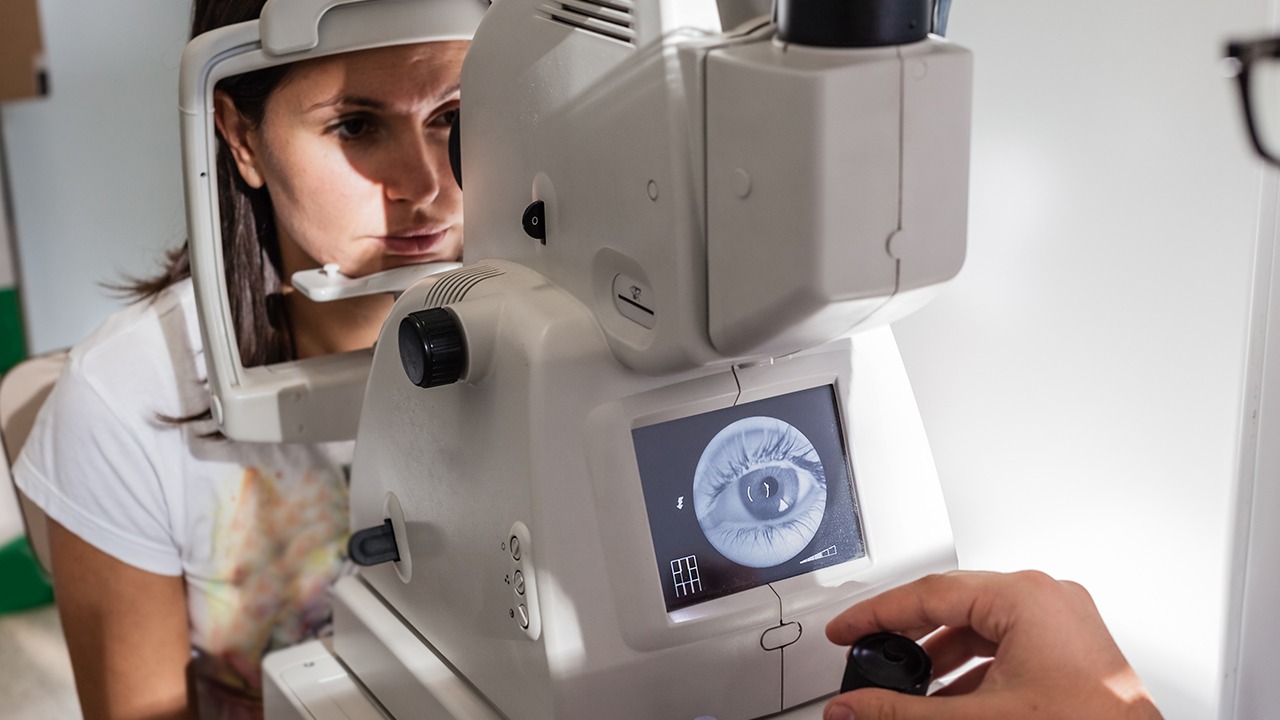What Women Need to Pay Attention to When Treating Bad Breath

Bad breath, also known as halitosis, can be a source of embarrassment and social anxiety. While both men and women can experience bad breath, there are certain factors that women need to be particularly mindful of when treating this condition.
Hormonal Changes During Pregnancy and Menopause
Hormonal fluctuations during pregnancy and menopause can lead to an increase in bad breath. This is because these hormones can cause changes in the pH balance of the mouth, which encourages the growth of odor-causing bacteria.
During pregnancy, the increased levels of the hormone progesterone can relax the muscles of the esophagus, allowing stomach acids to reflux into the mouth. This acid can irritate the gums and cause inflammation, which can lead to bad breath.
During menopause, the decrease in estrogen levels can also lead to changes in the oral microbiome, increasing the risk of bad breath. Additionally, menopause can cause dryness of the mouth, which can further contribute to bad breath.
Oral Hygiene Habits
Good oral hygiene practices are essential for preventing and treating bad breath. However, some women may need to pay extra attention to certain areas when brushing and flossing.
Brushing the Tongue: The tongue is a major source of odor-causing bacteria. Women should make sure to brush the tongue gently with a toothbrush or tongue scraper every time they brush their teeth.
Flossing: Flossing is important for removing plaque and food particles that can get trapped between the teeth. Women who wear braces or have other orthodontic appliances may need to use special flossing tools to reach all areas of their mouths.
Regular Dental Visits: Regular dental visits are crucial for maintaining good oral health and preventing bad breath. A dentist can clean your teeth professionally, remove tartar, and check for any underlying dental problems that may be contributing to bad breath.
Dry Mouth
Dry mouth, also known as xerostomia, can cause bad breath because it reduces the amount of saliva in the mouth. Saliva helps to neutralize acids, wash away food particles, and inhibit the growth of bacteria.
Causes of Dry Mouth in Women:
Menopause: As mentioned earlier, the decrease in estrogen levels during menopause can lead to dry mouth.
Certain Medications: Many medications, including antidepressants, antihistamines, and decongestants, can cause dry mouth as a side effect.
Medical Conditions: Some medical conditions, such as Sjogren's syndrome and diabetes, can also cause dry mouth.
Gastrointestinal Problems
Bad breath can also be a symptom of underlying gastrointestinal problems. For example, acid reflux, gastroesophageal reflux disease (GERD), and hiatal hernia can cause stomach acids to reflux into the mouth, leading to bad breath.
Women may be more likely to experience gastrointestinal problems during pregnancy and menopause. Additionally, certain foods, such as onions and garlic, can cause bad breath by releasing sulfur compounds into the bloodstream.
Other Factors to Consider
Smoking: Smoking is a major cause of bad breath. The chemicals in tobacco smoke damage the gums and tissues of the mouth, creating an environment that is conducive to bacteria growth.
Alcohol Consumption: Excessive alcohol consumption can dehydrate the mouth and lead to bad breath. Alcohol also breaks down into acetaldehyde, which can contribute to the odor.
Diet: Certain foods, such as garlic, onions, and spicy dishes, can cause bad breath. Additionally, a diet high in refined carbohydrates and sugar can increase the risk of tooth decay, which can lead to bad breath.
Stress: Stress can trigger dry mouth and contribute to bad breath.
Treatment Options
The treatment for bad breath depends on the underlying cause. If the bad breath is caused by a dental problem, a dentist may recommend professional cleaning, antibiotic treatment, or other procedures.
For bad breath caused by dry mouth, there are several over-the-counter and prescription products available to stimulate saliva production. These include artificial saliva, mouthwashes, and lozenges.
If the bad breath is related to gastrointestinal problems, it is important to seek medical evaluation. Treatment for gastrointestinal disorders may involve medication, dietary changes, or surgery.
Prevention
The best way to prevent bad breath is to practice good oral hygiene and address any underlying medical conditions. Here are some tips for preventing bad breath:
Brush your teeth and tongue twice a day with a fluoride toothpaste.
Floss your teeth daily.
Visit your dentist regularly for cleanings and checkups.
Drink plenty of water to stay hydrated.
Avoid foods that cause bad breath, such as garlic and onions.
If you smoke, quit.
Manage stress through exercise, meditation, or other healthy coping mechanisms.
If you experience persistent bad breath, see a doctor or dentist to rule out any underlying medical conditions.
By following these tips, women can help prevent and treat bad breath and maintain a healthy, fresh smile.
The above is all the content that the editor wants to share with you. I sincerely hope that these contents can bring some help to your life and health, and I also wish that your life will be happier and happier.
Topic: #to #pay #need














